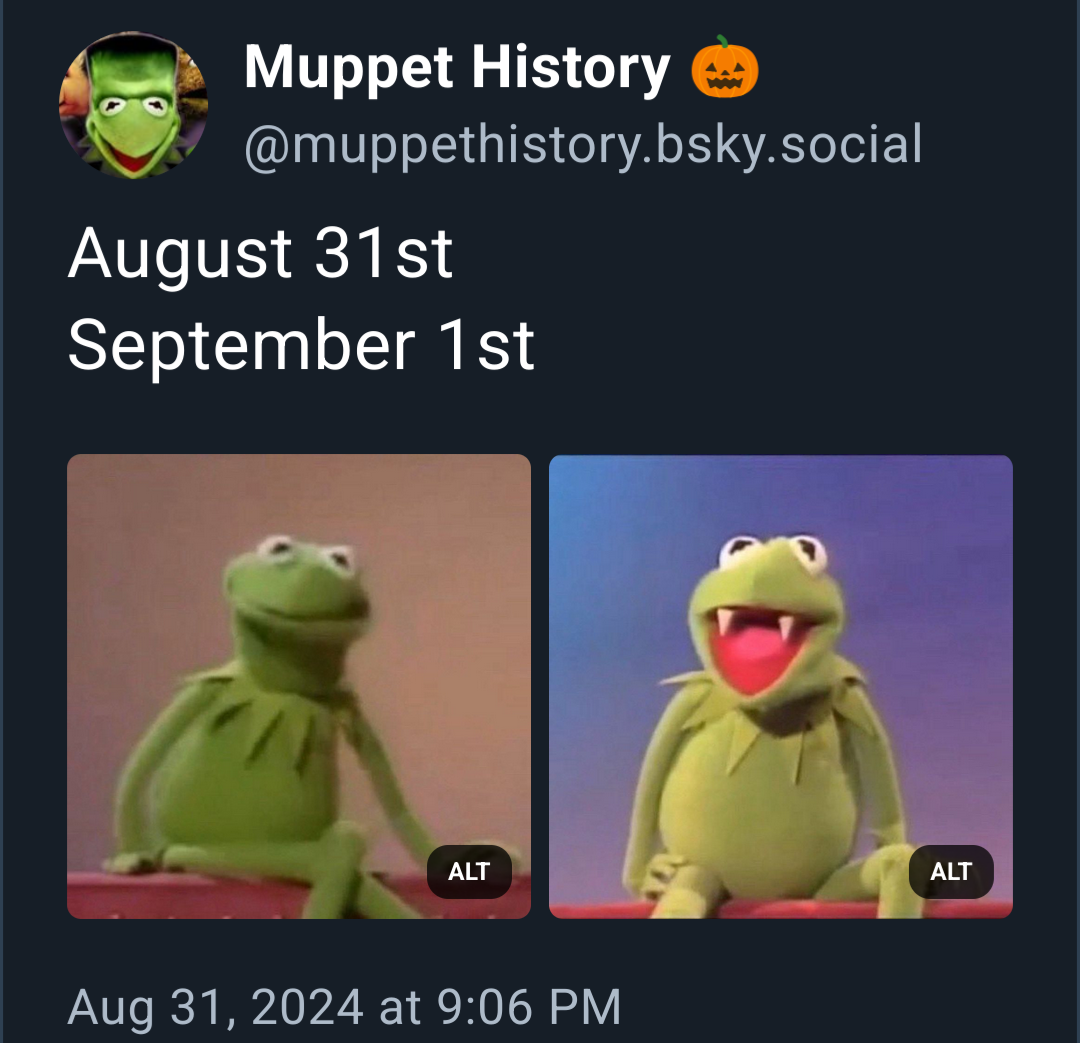Three years ago I named my aesthetic “witchy sparkle romantigothabilly academia” which still holds but I’d like to add “children’s librarian” to the mix.

Finished reading: Heartbreaker by Sarah MacLean 📚
Whoo. This is a hot 🔥🔥🔥🔥 on the romance.io scale. Romance is unmatched and so is Sarah MacLean.
📚💬 “…the deeply rooted culture of the Jews of Eastern Europe was utterly destroyed between 1939 and 1945.” Ashkenazi Herbalism: Rediscovering the Herbal Traditions of Eastern European Jews by Deatra Cohen and Adam Siegel
📚 Book Review: When We Flew Away by Alice Hoffman
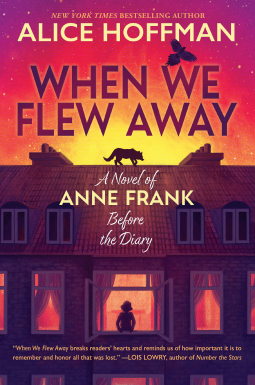 When We Flew Away by Alice Hoffman is a middle grade novel that imagines what Anne Frank’s life might have been like before she had to move to the attic of her father’s office building. Here’s the publisher’s description:
When We Flew Away by Alice Hoffman is a middle grade novel that imagines what Anne Frank’s life might have been like before she had to move to the attic of her father’s office building. Here’s the publisher’s description:
Bestselling author Alice Hoffman delivers a stunning novel about one of contemporary history’s most acclaimed figures, exploring the little-known details of Anne Frank’s life before she went into hiding.
Anne Frank’s The Diary of a Young Girl has captivated and inspired readers for decades. Published posthumously by her bereaved father, Anne’s journal, written while she and her family were in hiding during World War II, has become one of the central texts of the Jewish experience during the Holocaust, as well as a work of literary genius.
With the Nazi occupation of the Netherlands, the Frank family’s life is turned inside out, blow by blow, restriction by restriction. Prejudice, loss, and terror run rampant, and Anne is forced to bear witness as ordinary people become monsters, and children and families are caught up in the inescapable tide of violence.
In the midst of impossible danger, Anne, audacious and creative and fearless, discovers who she truly is. With a wisdom far beyond her years, she will become a writer who will go on to change the world as we know it.
Critically acclaimed author Alice Hoffman weaves a lyrical and heart-wrenching story of the way the world closes in on the Frank family from the moment the Nazis invade the Netherlands until they are forced into hiding, bringing Anne to bold, vivid life.
Based on extensive research and published in cooperation with the Anne Frank House in Amsterdam, When We Flew Away is an extraordinary and moving tour de force
.I’m going to diverge from my usual review format for this book and be a bit more stream of consciousness. But I hope you’ll still get a sense of the book and whether it might be for you, someone you love, or someone you work with.
I’ve never read anything by Alice Hoffmann before, and many other reviews talk about her using lyrical language and that being a struggle for them. For me, the early chapters of the book read like a middle grade nonfiction book, describing Anne’s experiences, with little dialogue or direct action portrayed. I think that’s a bit tricky, especially for a book like this that isn’t nonfiction but draws heavily on research and might be hard to distinguish from nonfiction.
The lack of action and dialogue made it hard for me to read this at first, but eventually I really got into imagining Anne’s life in the city of Amsterdam, and that’s what really brought the book to life for me. I think many of us only imagine Anne in hiding during the Holocaust, rarely thinking about the many years of her life before this event that both defined her literary voice and led to her death.
That’s the great joy in When We Flew Away for me: thinking about her daily life before going into hiding. Anne went to bookstores. She ate ice cream. She flirted with boys. She ice skated. And all of these activities and more are things she does in this book.
Like many women, I imagine, Anne Frank’s diary was very important to me as a young person. I first read it in sixth or seventh grade. I read it again before auditioning for the play adaption of it when I was in ninth grade, and I think I’ve probably read it again as an adult. One of the things that’s so remarkable about Anne Frank’s diary is how true to the developmental experiences of a wide variety of Western teenagers across time and place it is. I think many young people reading it can see their own dreams and anxieties, family relationships and hopes for romance, in Anne’s writing.
Because Anne’s writing has been so important to me, I made it a priority to visit the Anne Frank House while I was in Amsterdam. Before you go into the attic, you walk through rooms with video and audio about the time Anne was living in and the expansion of Nazi occupation into the Netherlands. Then you walk through the bookcase hiding a secret door and up a very narrow staircase (typical of staircases in Amsterdam) and find yourself in the attic.
Wandering through the rooms, I was disheartened by how hard it was to feel connected to that time long ago and the people who lived there, even though I was in their space. I was surprised by the things that really made me feel closer to their experience: the pencil lines on the wall tracking Anne and Margot’s heights. The view of a tree through the one place Anne could see the sky.
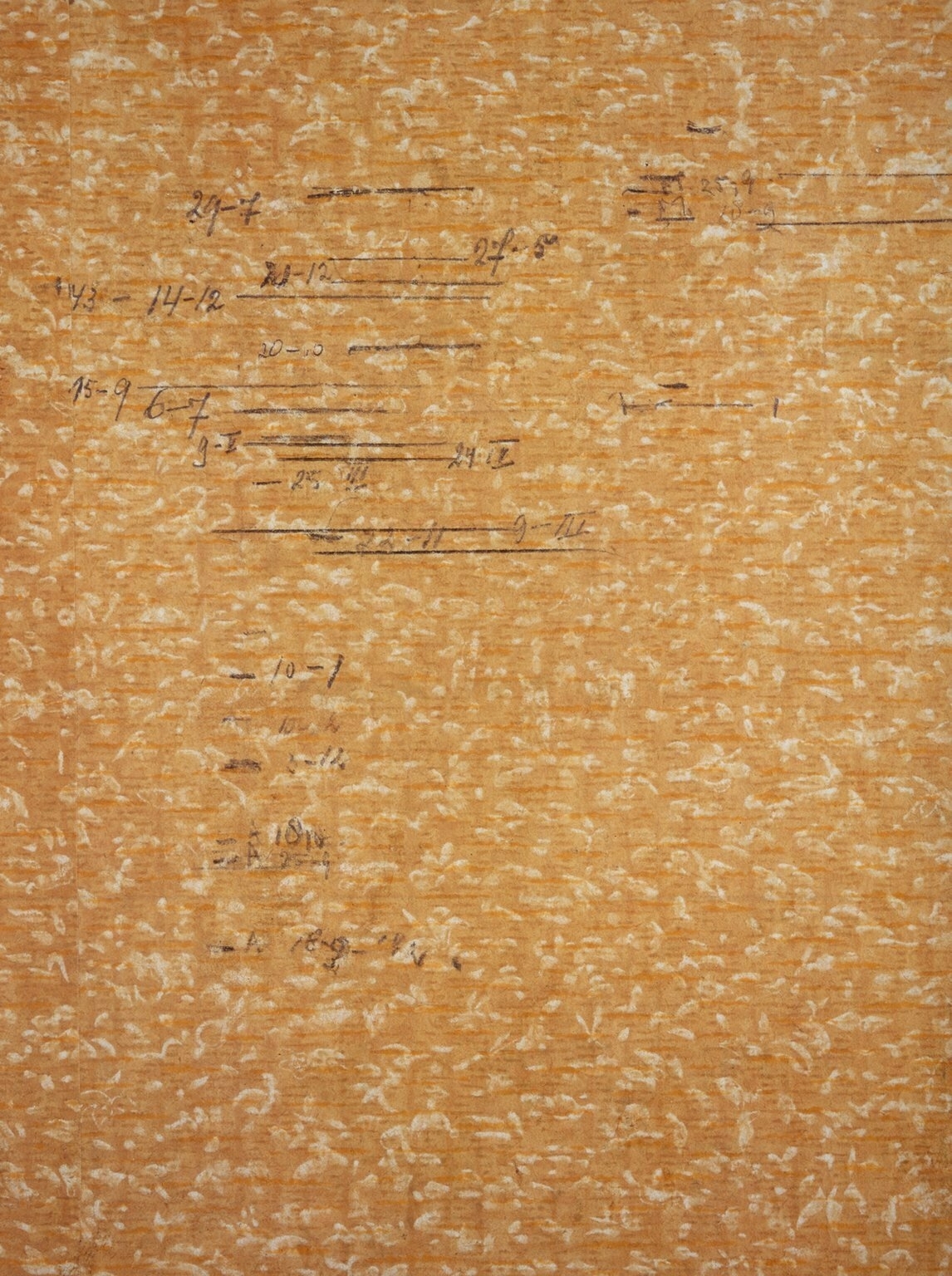
And of course, seeing the diary itself. That was the most powerful thing of all.
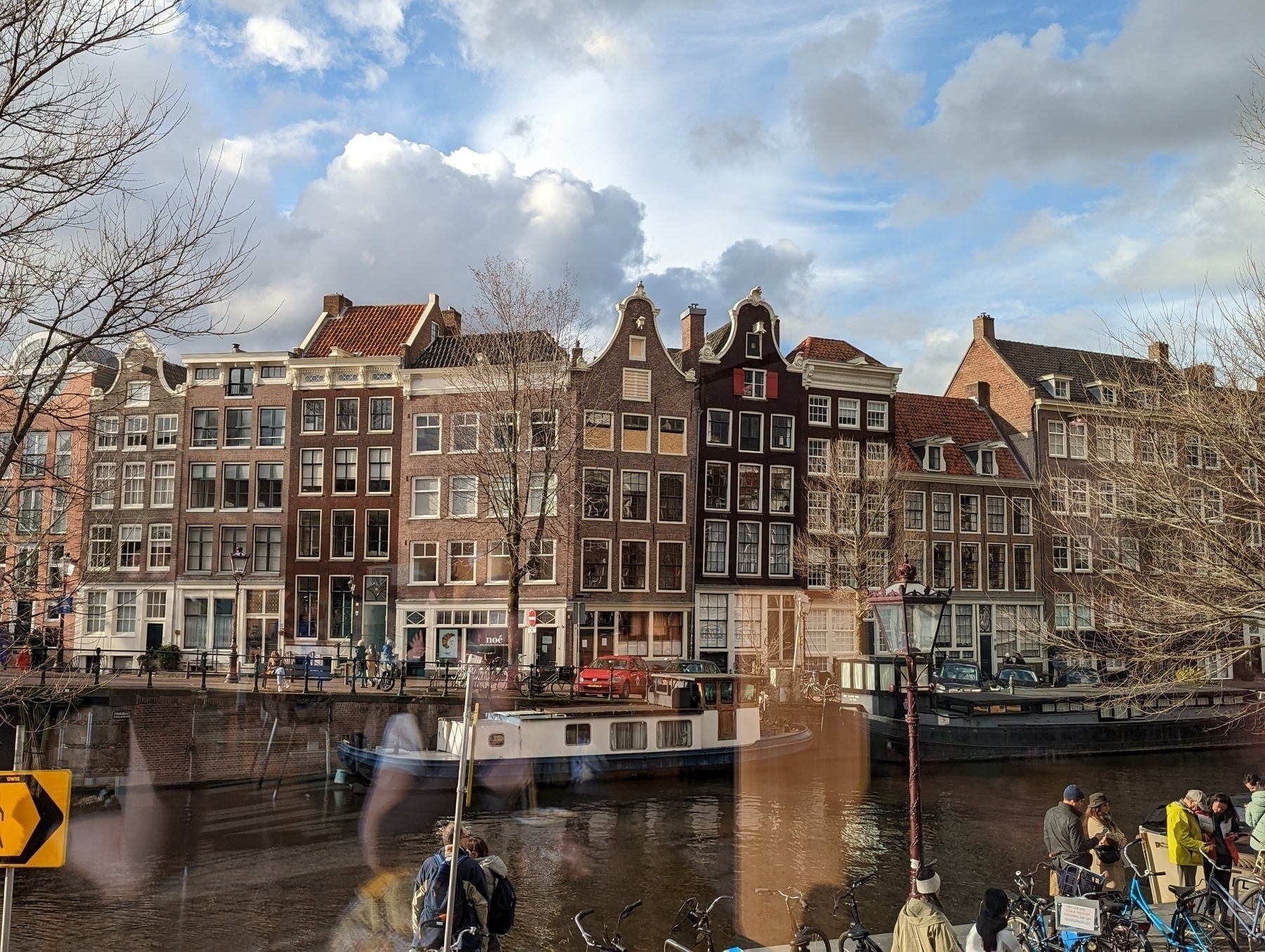
In the same way that seeing these things helped me understand Anne’s experiences, reading this book and thinking about the things I experienced in Amsterdam beyond the Anne Frank House added a whole new dimension to my understanding of her life. Anne walked the same streets I did. She looked at the same houses I did. She went to the same parks.
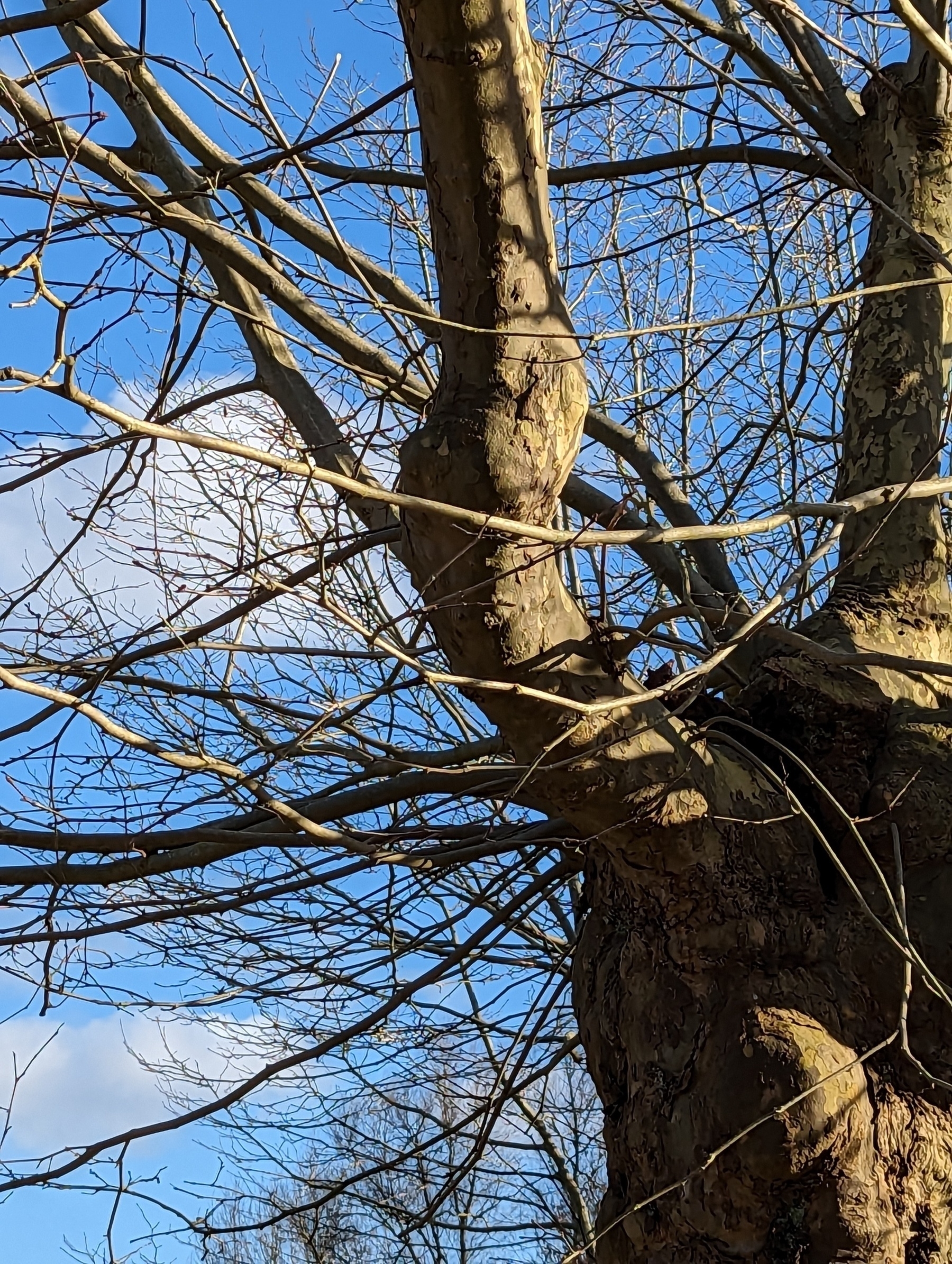
Readers who need action and dialogue to stay engaged with a book will struggle with this book, but readers who want details that help them imagine other people’s lives more fully will find so much here.
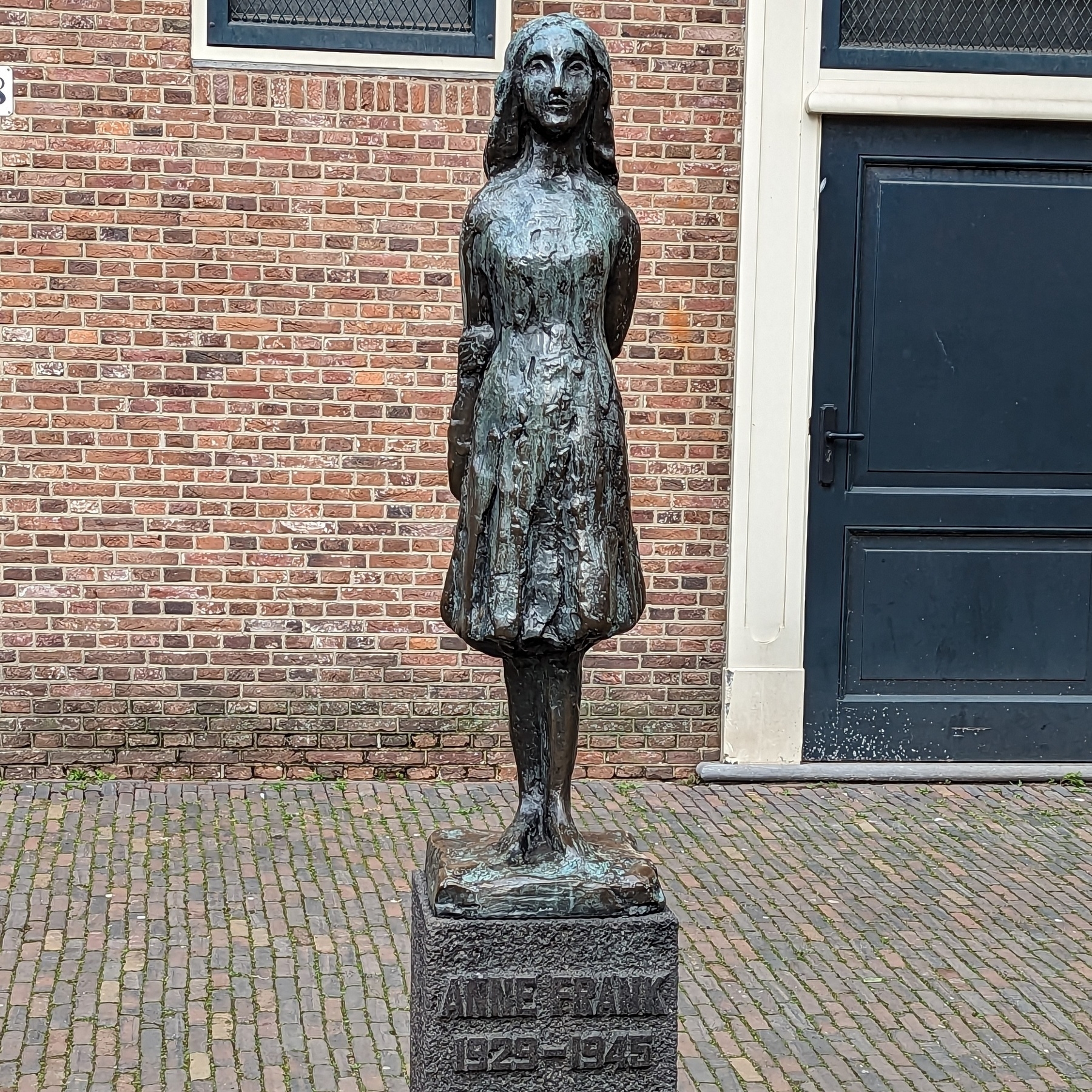
Book: When We Flew Away
Author: Alice Hoffman
Publisher: Scholastic
Publication Date: September 17, 2024
Pages: 304
Age Range: Middle Grade
Source of Book: ARC via NetGalley
🎭 Just saw Clue and found it delightful. If it’s coming to where you are, definitely check it out.
What I've learned after a month on the job as a part-time school librarian
It’s been a full month since the official first day at my new job, and we’ve had the kids at school for three weeks. And, as you might expect, in that time I’ve learned some things.
There’s a 40-minute recess period before lunch and I have the library open during that time. Kids are welcome to come in, check out books, sit and read, or draw. In the first two weeks, I felt slammed during that time. There will often be a LOT of kids in the library. Maybe eventually I’ll actually count but all I know is it feels like maybe as many as 30 at a time. And inevitably 8 - 10 of these kids will require my help at once: to find a book, to check out a book, to suggest a book that we purchase. I am so glad they’re there, so happy that so many kids (there are about 130 at the school and I would guess at least a third of them come through at some point in lunch recess) are excited about reading. Of course I want to help them all! But it was overwhelming and exhausting.
So I started thinking about how we can make it so that the help I’m giving has the most impact.
The most obvious place to start was to teach even the youngest kids (1st graders) how to check out books themselves. Many of them have learned, and there are usually at least a few other kids who already know how that are happy to help. This frees me up a lot more to help with finding and choosing books.
We were having super long lines at checkout, and kids were getting back to lunch late, so I ended up dedicating two computers to checkout. In the early days, hardly anyone was using the catalog. Now we’re getting long lines at the catalog computer, so I may need to reconsider this set up. It is possible for me to have them set up for kids to do both, but that will require slightly more training.
Next, I realized that kids didn’t know how to use the catalog to find the physical location of the library, because the initial screen that pops up gives a call number but because our library is genrefied, the kids need to know both the call number and the location. So once I learned how to find that information in the catalog, I developed a brief lesson to share what I learned. That seems to be working well; kids are now able to find locate most things in the catalog on their own.
My goal is to make these sort of administrative tasks as independent of me as possible. Because the real joy in my job happens when a kid says, as one did this week, “I really like books like Guts, Drama, Ghosts, and El Deafo. Do you know any others like that?” Things are so busy at lunch recess I had to say, “Give me a day to work on it.” But the next day I had a big stack of other books for her to try. This is called readers’ advisory, and it’s one of my favorite parts of library work.
Another of my favorite parts is supporting instruction, which I did for the first time this week. Our younger students will be learning about North America this week including animals, people, and maps/land features. The teachers working on the animals lessons asked me to pull some resources together for them. So I spent a couple hours on that, getting a big stack of books together and building them a collection of ebooks on the ebook service we use, as well as recommending iNaturalist for photos of the animals out in the world.
I could only do that, though, because the teachers happened to catch me on a day when I didn’t have any students in for circulation.
The key thing to note is that I work 50% time. And the way that 50% is scheduled, about 2 of the 5 hours I work on a given day are dedicated to front-facing, direct student support. Another hour or two are dedicated to administrative tasks like getting books checked back in.
This only leaves an hour or two a day for the deep work of readers’ advisory, instructional support and collaboration, and collection management. (I haven’t even really gotten started with collection management yet; I’ve been thinking about it, but not doing it.)
I do have high school TAs who can help with shelving and checking in, but when they’re available and when I need to have books ready to go back out to kids or free up space (they’re allowed a maximum of 10 books checked out at a time) aren’t always the same.
So. I’m trying to create systems to help me make more time for the deep work.
Today: a cascade of tough stuff. My hypothyroid symptoms are still mysterious, I forgot my work key, my work plans got waylaid, I cleaned up a nasty literal mess, my mom is in extra poor health, and children were extra wild. My resilience is low right now. But I have a good migraine treatment plan.
Changed my bio so it only reads “escribitionist.”

Finished reading: Bombshell by Sarah MacLean 📚
Sarah MacLean is just so good. This is like… A 3.5 on the romance.io scale? The language is slightly (but only slightly) euphemistic; it’s pretty clear exactly what’s happening where.
Listen I don’t repost a lot from or on social, but Muppet History is out here doing good work and making me feel seen.
